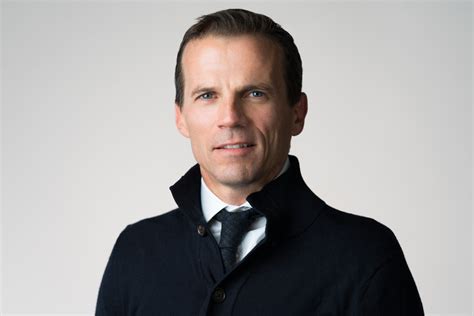A Quote by Heather Brooke
The speed with which WikiLeaks went from niche interest to global prominence was a real-time example of the revolutionizing power of the digital age in which information can spread instantly across the globe through networked individuals.
Related Quotes
I think that in an age where so much information is flying through cyberspace, we all have to be aware of the fact that some information which is sensitive, which does affect the security of individuals and relationships, deserves to be protected and we will continue to take necessary steps to do so.
The Clinton machine is at the center of this power structure. We've seen this first hand in the WikiLeaks documents, in which Hillary Clinton meets in secret with international banks to plot the destruction of U.S. sovereignty in order to enrich these global financial powers, her special interest friends and her donors.
Power is global and politics is local. That must change. We need a new language for understanding new global power formations as well as new international modes of politics to fight them. Social movements must move outside of national boundaries and join with others across the globe to fight the savagery of neoliberal global politics and central to such a task is the work of intellectuals, artists, cultural workers, and others who can fashion new tools and social movements in the fight against the current anti-democratic threats being imposed all over the globe.
The major impediment to experiencing the sacred depths of ordinary moments is the speed and distraction of contemporary life that moves to the imperatives of the global economic order.In addition, we increasingly live in a virtual world in which our reality is filtered through media and information technology.
































